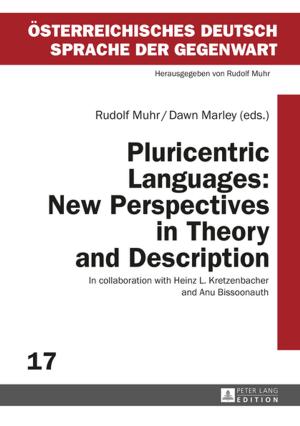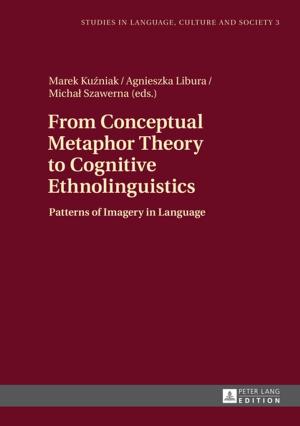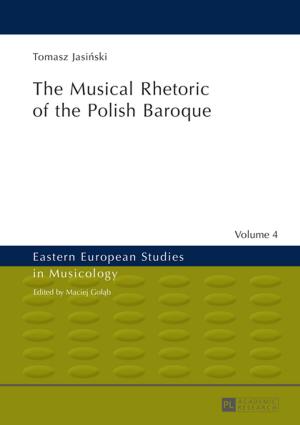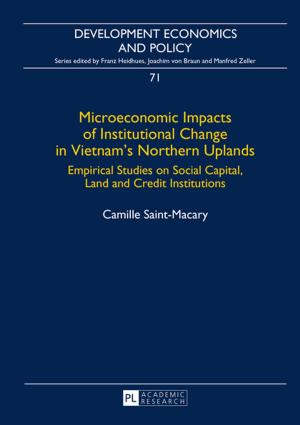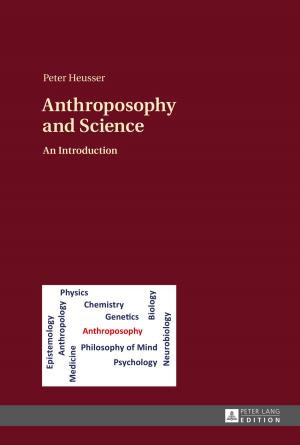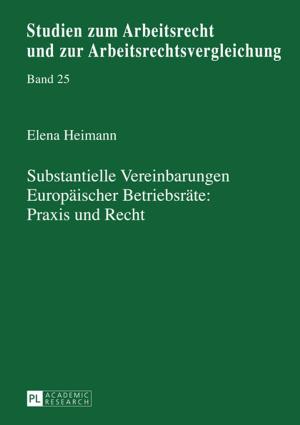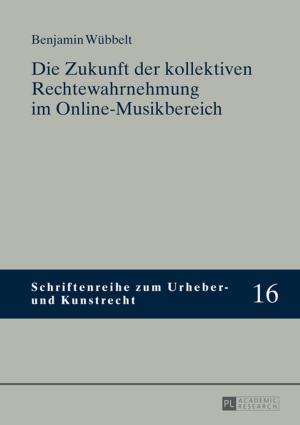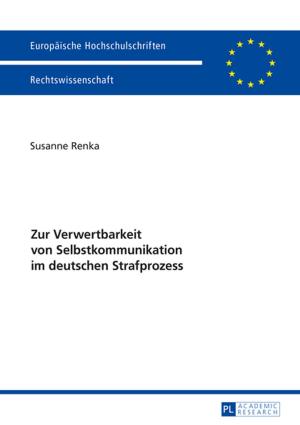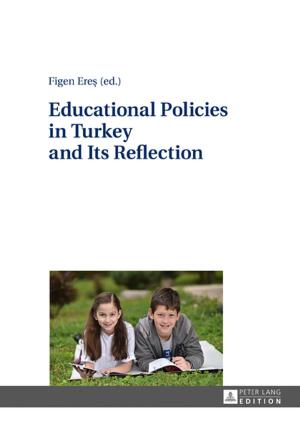Reel Education
Documentaries, Biopics, and Reality Television
Nonfiction, Computers, Advanced Computing, Computer Science, Reference & Language, Education & Teaching, Administration, Art & Architecture, General Art| Author: | Jacqueline Bach | ISBN: | 9781433136306 |
| Publisher: | Peter Lang | Publication: | August 15, 2016 |
| Imprint: | Peter Lang Inc., International Academic Publishers | Language: | English |
| Author: | Jacqueline Bach |
| ISBN: | 9781433136306 |
| Publisher: | Peter Lang |
| Publication: | August 15, 2016 |
| Imprint: | Peter Lang Inc., International Academic Publishers |
| Language: | English |
Reel Education is the first single-authored book to bring together the theoretical and practical considerations of teaching cinematic texts about education that claim a degree of verisimilitude. Given the recent influx of documentaries, biopics, and reality television shows about education, new theoretical frameworks are required to understand how these productions shape public conversations about educational issues. Such texts, with their claims to represent real-life experiences, have a particular power to sway audiences who may uncritically accept these stories as offering “the truth” about what happens in schools. Since all texts, whatever their truth-claims may be, are grounded in specific ideologies, those in the fields of humanities, education, and media and communication studies must pay attention to how these films and television shows are constructed and for what purposes. This book provides an analysis of documentaries, biopics, and reality television, examining the construction of the genres, the explicit and latent ideologies they contain, and the ways in which students and faculty might critically engage with them in classrooms.
Reel Education is the first single-authored book to bring together the theoretical and practical considerations of teaching cinematic texts about education that claim a degree of verisimilitude. Given the recent influx of documentaries, biopics, and reality television shows about education, new theoretical frameworks are required to understand how these productions shape public conversations about educational issues. Such texts, with their claims to represent real-life experiences, have a particular power to sway audiences who may uncritically accept these stories as offering “the truth” about what happens in schools. Since all texts, whatever their truth-claims may be, are grounded in specific ideologies, those in the fields of humanities, education, and media and communication studies must pay attention to how these films and television shows are constructed and for what purposes. This book provides an analysis of documentaries, biopics, and reality television, examining the construction of the genres, the explicit and latent ideologies they contain, and the ways in which students and faculty might critically engage with them in classrooms.


